Reverse Fatty Liver with a Plant-Based Diet
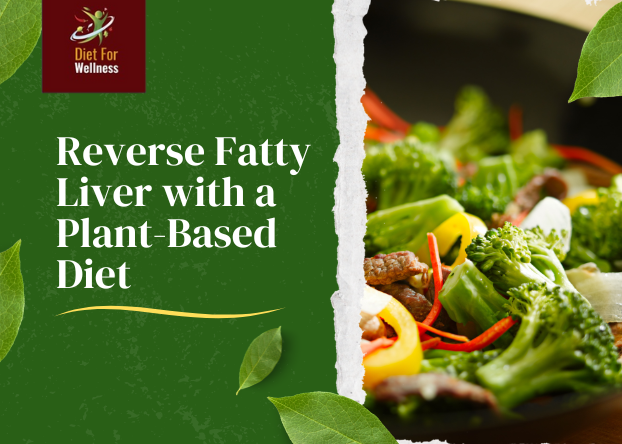
In a healthy body, the liver plays the important roles of removing toxins and producing bile, a fluid essential for fat digestion.
Nonalcoholic Fatty Liver Disease (NAFLD) is a prevalent liver condition in globally, characterized by the accumulation of excess fat within the liver.
NAFLD is more common in individuals with obesity and type 2 diabetes. Unlike alcohol-related liver disease, it’s not caused by excessive alcohol consumption.
Types of NAFLD
- Nonalcoholic fatty liver (NAFL)- Fat accumulates in the liver without inflammation, although liver enlargement may cause discomfort.
- Nonalcoholic steatohepatitis (NASH)– This more serious form involves inflammation and can progress to cirrhosis (scarring) and liver failure if left untreated.
A well-balanced diet is key to beating fatty liver conditions.
The primary treatment for overweight or obese individuals with NAFLD focuses on gradual weight loss. This typically involves a combination of
- Calorie reduction
- Regular exercise
- Adopting a healthy diet
Improving Liver Health- Focus on Lifestyle
The American Liver Foundation emphasizes that currently, there are no specific medical treatments for non-alcoholic fatty liver disease (NAFLD). This highlights the crucial role of lifestyle factors in both preventing and managing this condition.
Instead of focusing on restrictive diets, we encourage our patients to prioritize sustainable lifestyle changes.
- Healthy Eating– Adopting a balanced diet rich in fruits, vegetables, and whole grains while limiting processed foods, sugary drinks, and excessive saturated and unhealthy fats.
- Regular Exercise– Engaging in regular physical activity, such as brisk walking, cycling, or swimming, to improve overall health and aid in weight management.
- Quality Sleep- Ensuring sufficient sleep is essential for overall well-being and can positively impact liver function.
The Role of a Dietitian in Managing Fatty Liver Disease
A key aspect of managing fatty liver disease is a personalized nutrition plan. Every person has unique dietary needs and preferences. A dietitian plays a important role by
- Creating customized nutrition plans that align with each patient’s specific needs, preferences, and lifestyle.
- Providing comprehensive education on the benefits of a healthy diet and addressing any concerns or questions the patient may have.
- Collaborating with patients to set achievable and sustainable dietary goals, minimizing the risk of frustration and dropout.
- Helping patients deal with the challenges of adopting a healthier diet, such as overcoming cravings for processed foods and finding healthy alternatives to their favorite dishes.
- Providing ongoing support and guidance to ensure long-term adherence to the nutrition plan.
Foods to Support Liver Health
- Coffee

Studies suggest regular coffee consumption may lower the risk of developing and progressing NAFLD. Coffee may also help reduce levels of abnormal liver enzymes.
- Leafy Greens (like Spinach)
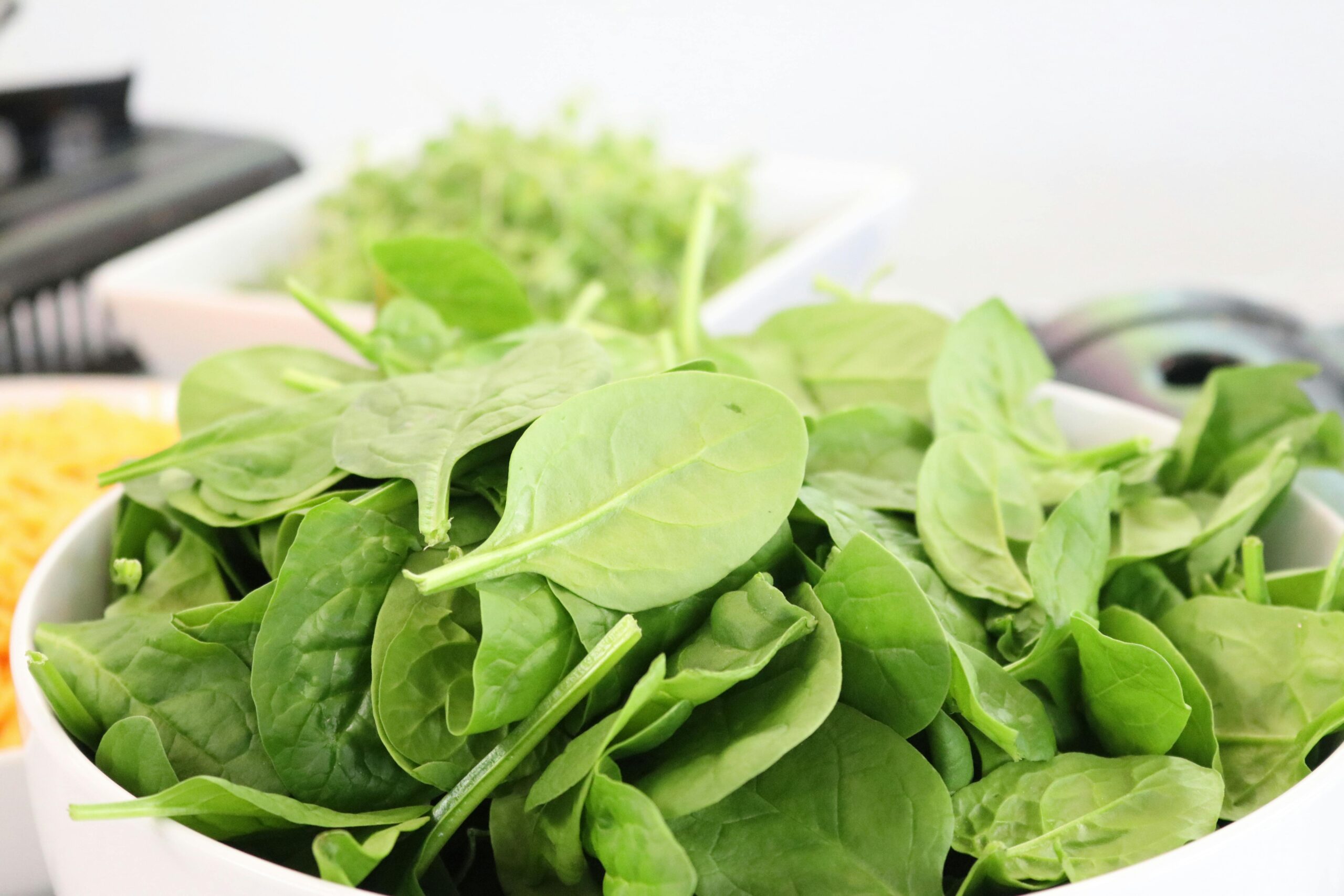
Compounds in spinach, particularly in its raw form, may help prevent fat buildup in the liver.
- Beans and Soy
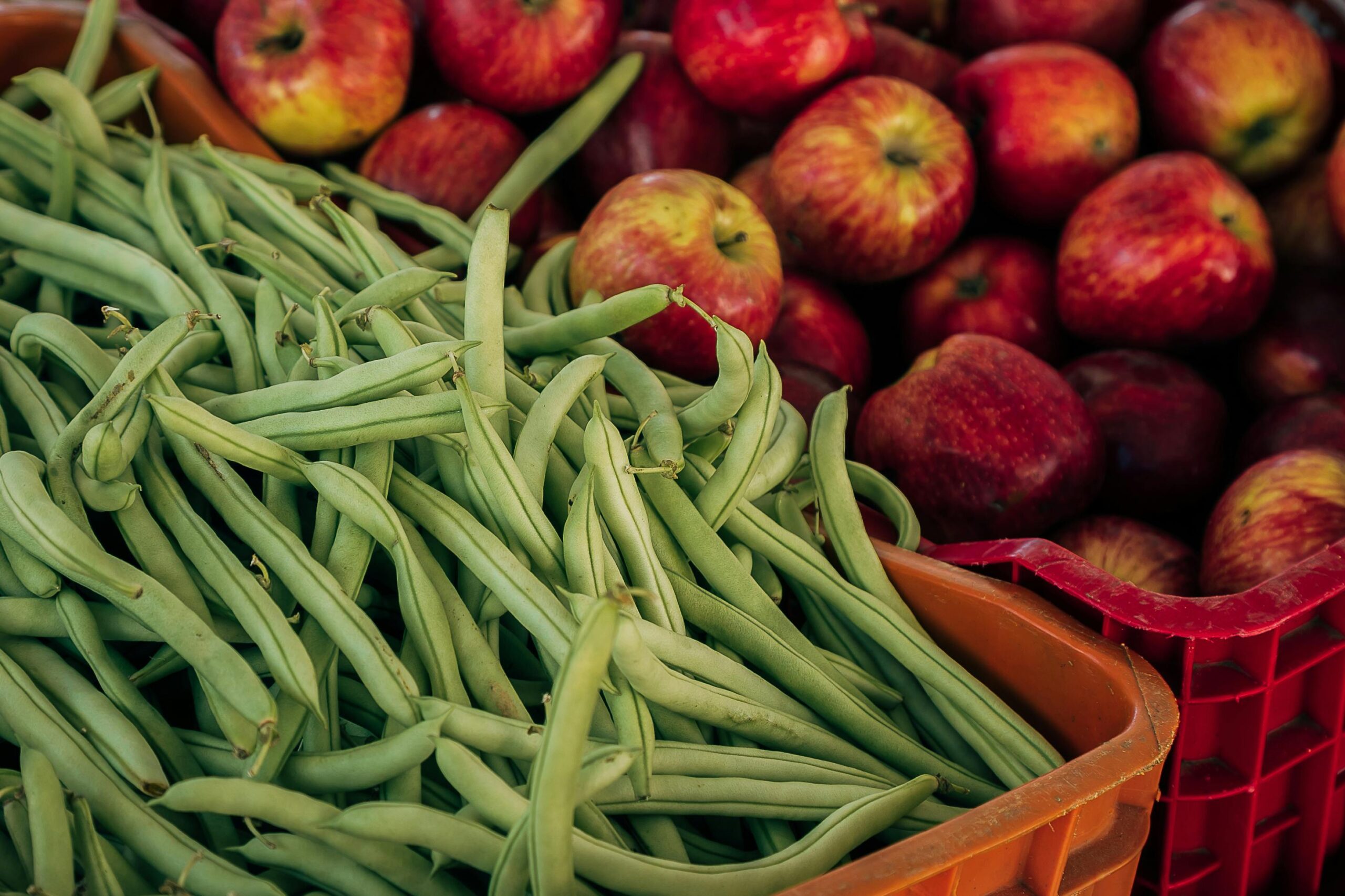
Legumes (beans, lentils, chickpeas) are rich in nutrients and may improve gut health, lower blood sugar, and reduce the risk of NAFLD. Soy foods (tofu, miso) may also offer liver protection, potentially by lowering triglycerides.
- Fatty Fish
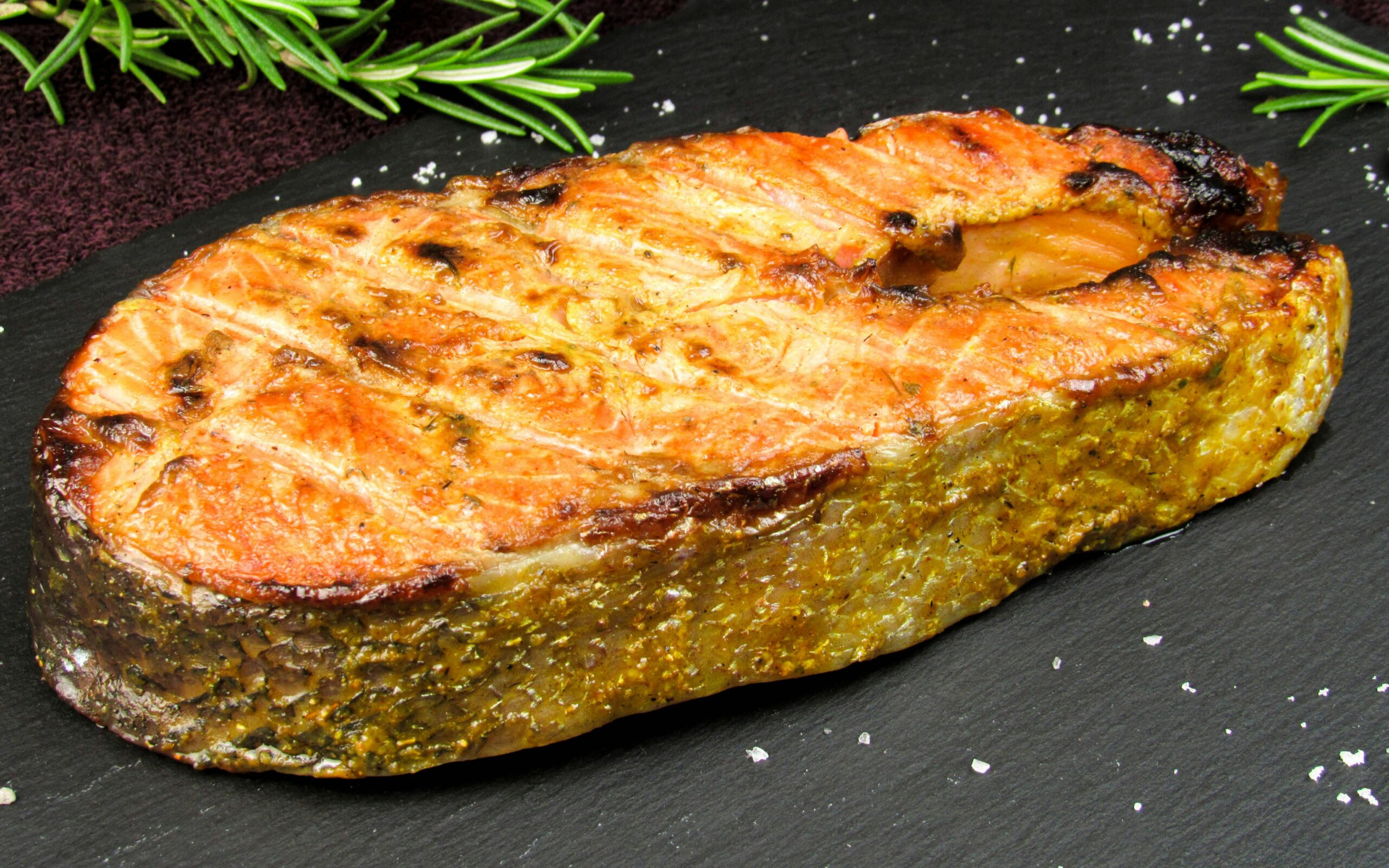
Omega-3 fatty acids found in fish like salmon, sardines, and tuna may reduce liver fat, improve cholesterol levels, and lower triglycerides.
- Whole Grains
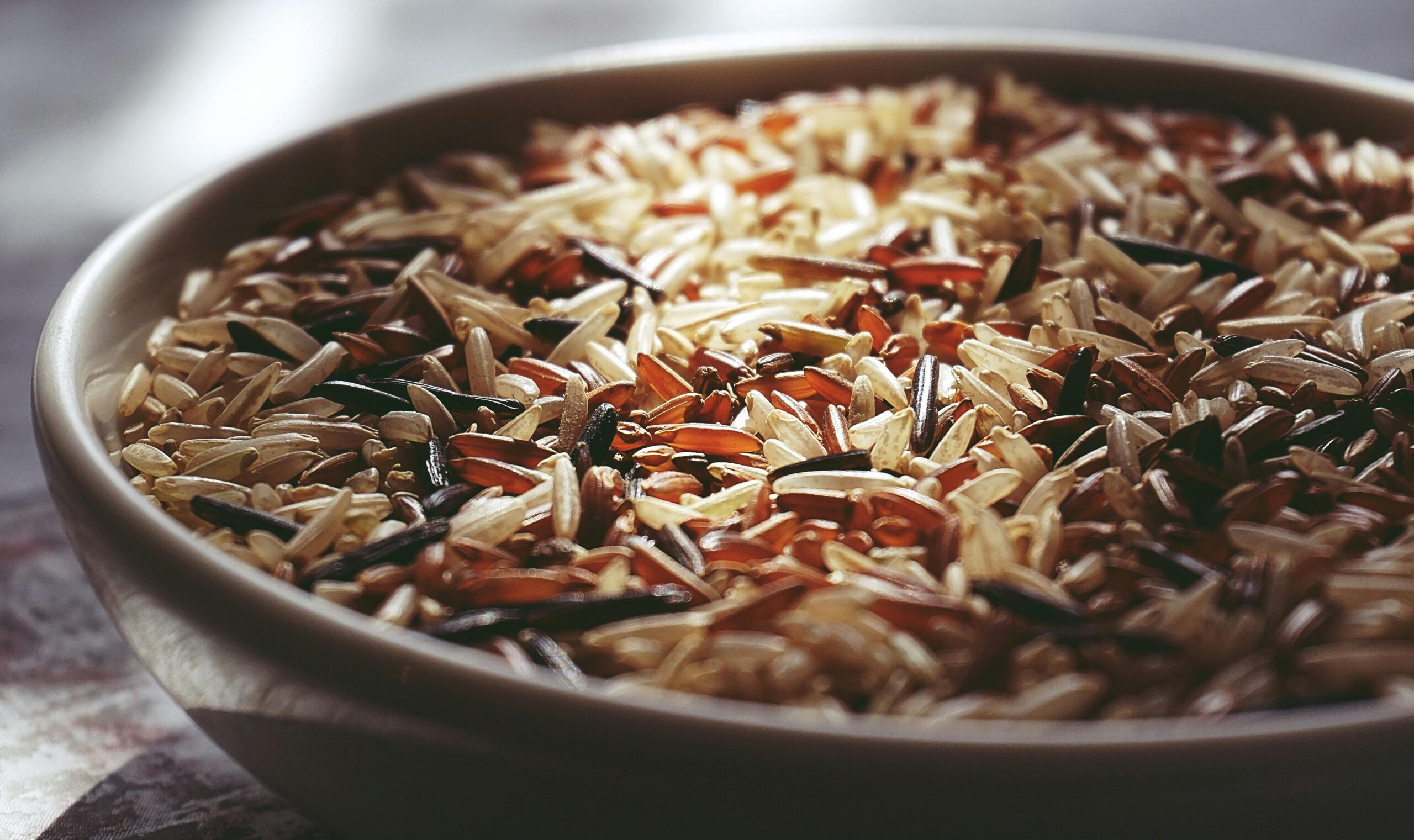
Whole-grain foods, such as oats, are rich in fiber and may help reduce the risk of NAFLD-related diseases.
- Nuts
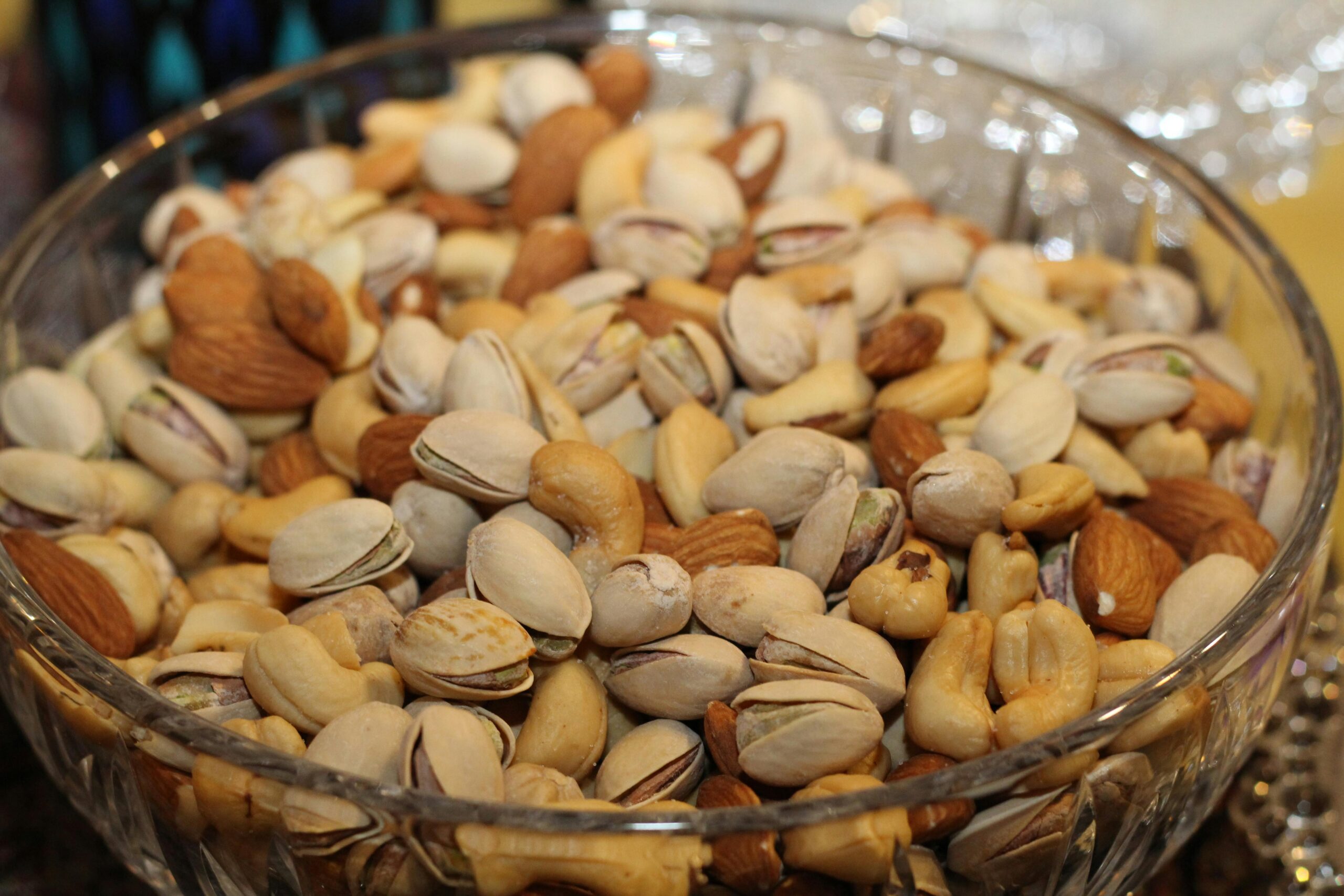
Consuming nuts regularly may help reduce inflammation, insulin resistance, and the risk of NAFLD.
- Turmeric
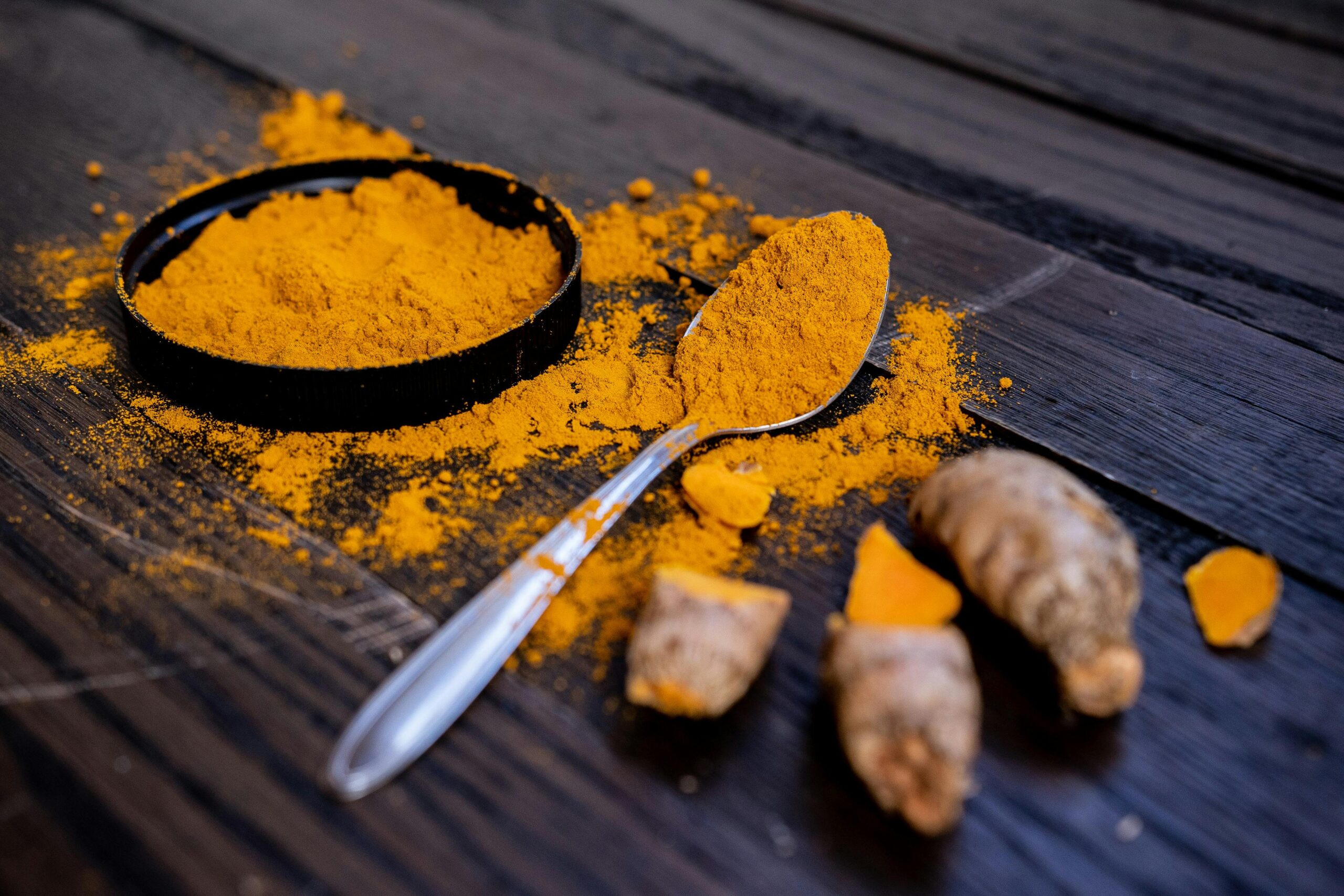
Curcumin, the active compound in turmeric, may help reduce markers of liver damage in people with NAFLD.
- Sunflower Seeds
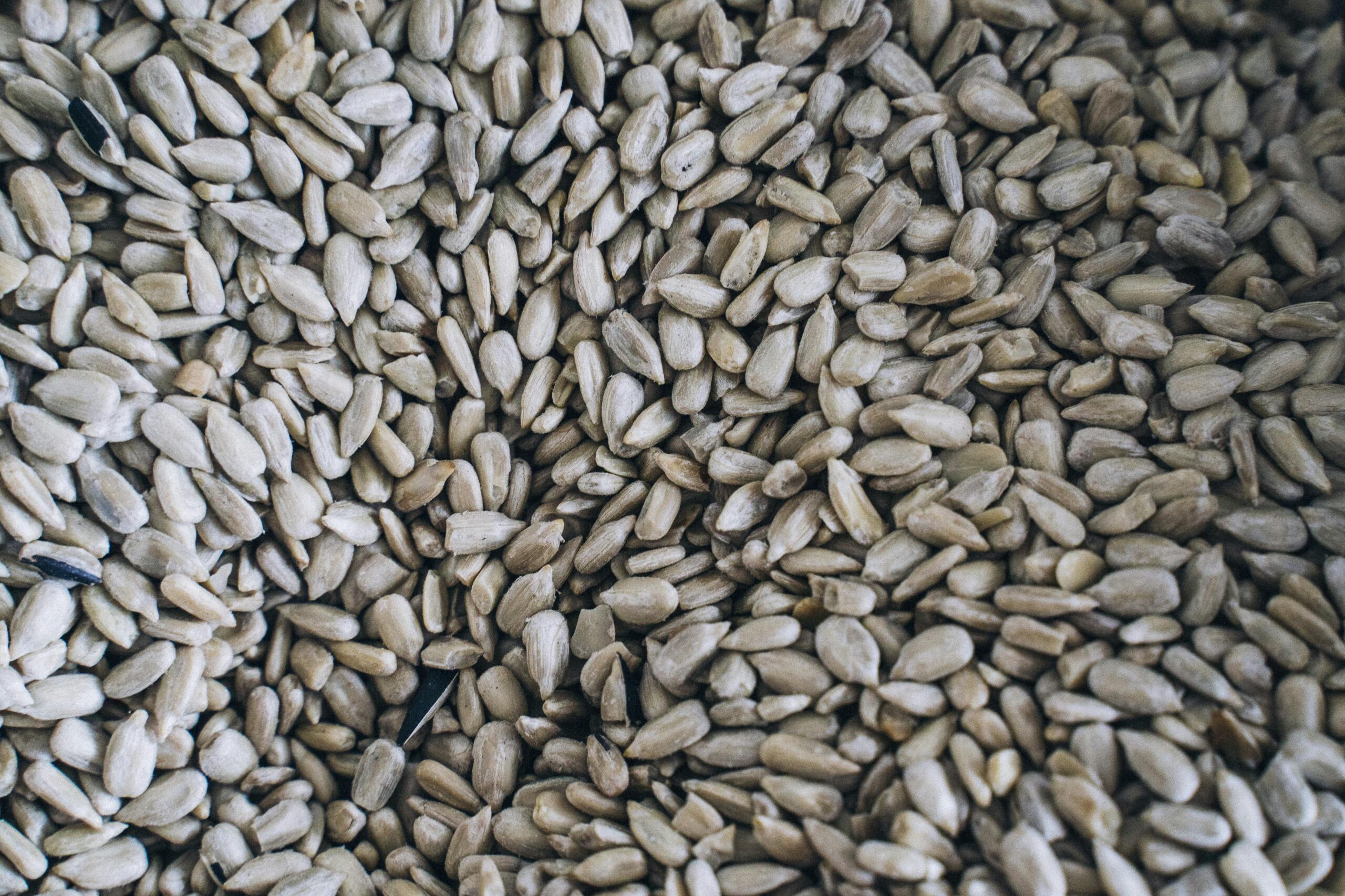
Sunflower seeds are a good source of vitamin E, an antioxidant that may be beneficial for liver health.
- Unsaturated Fats
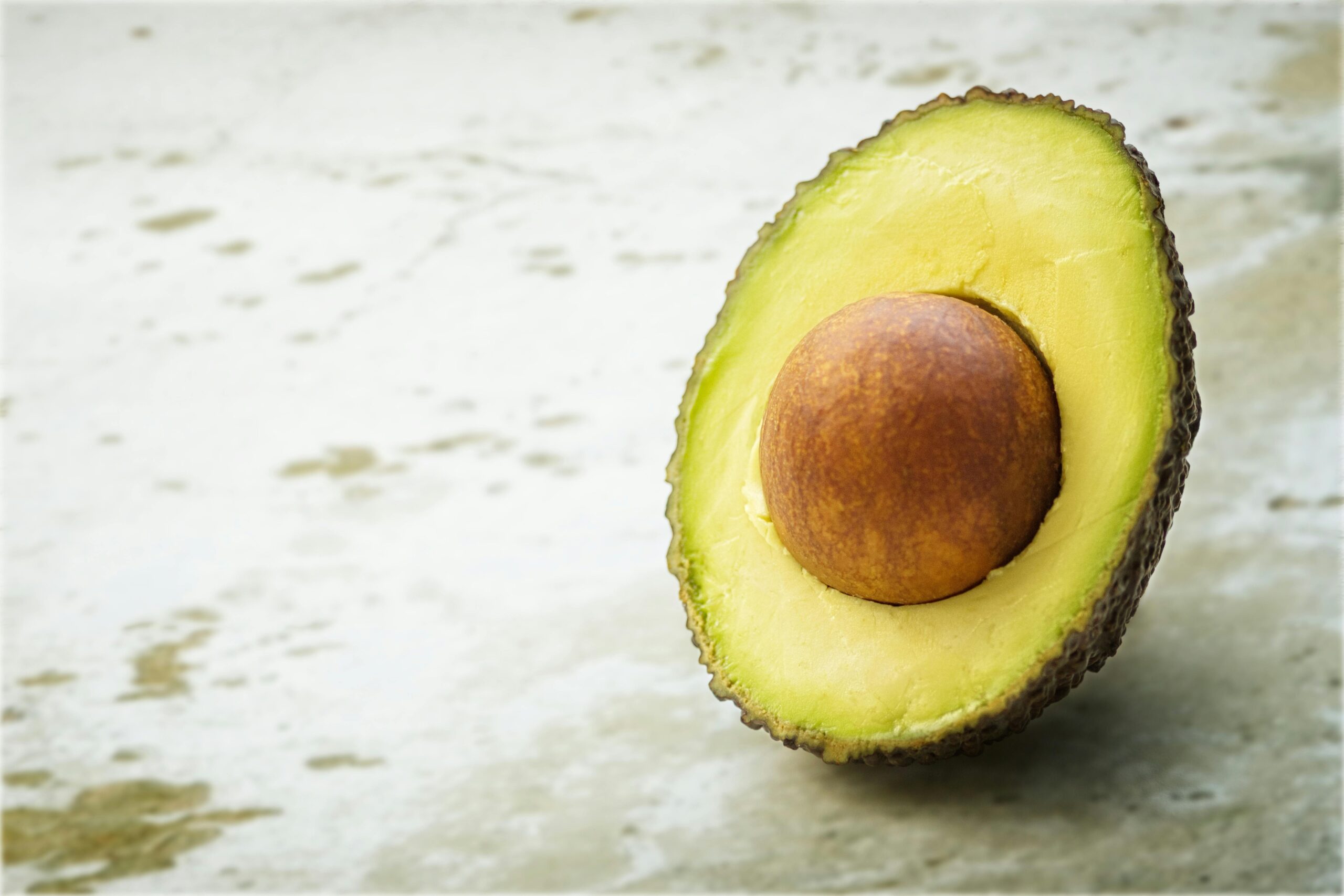
Replacing saturated fats with unsaturated fats from sources like avocados, olive oil, and nuts may be beneficial for individuals with NAFLD.
- Garlic
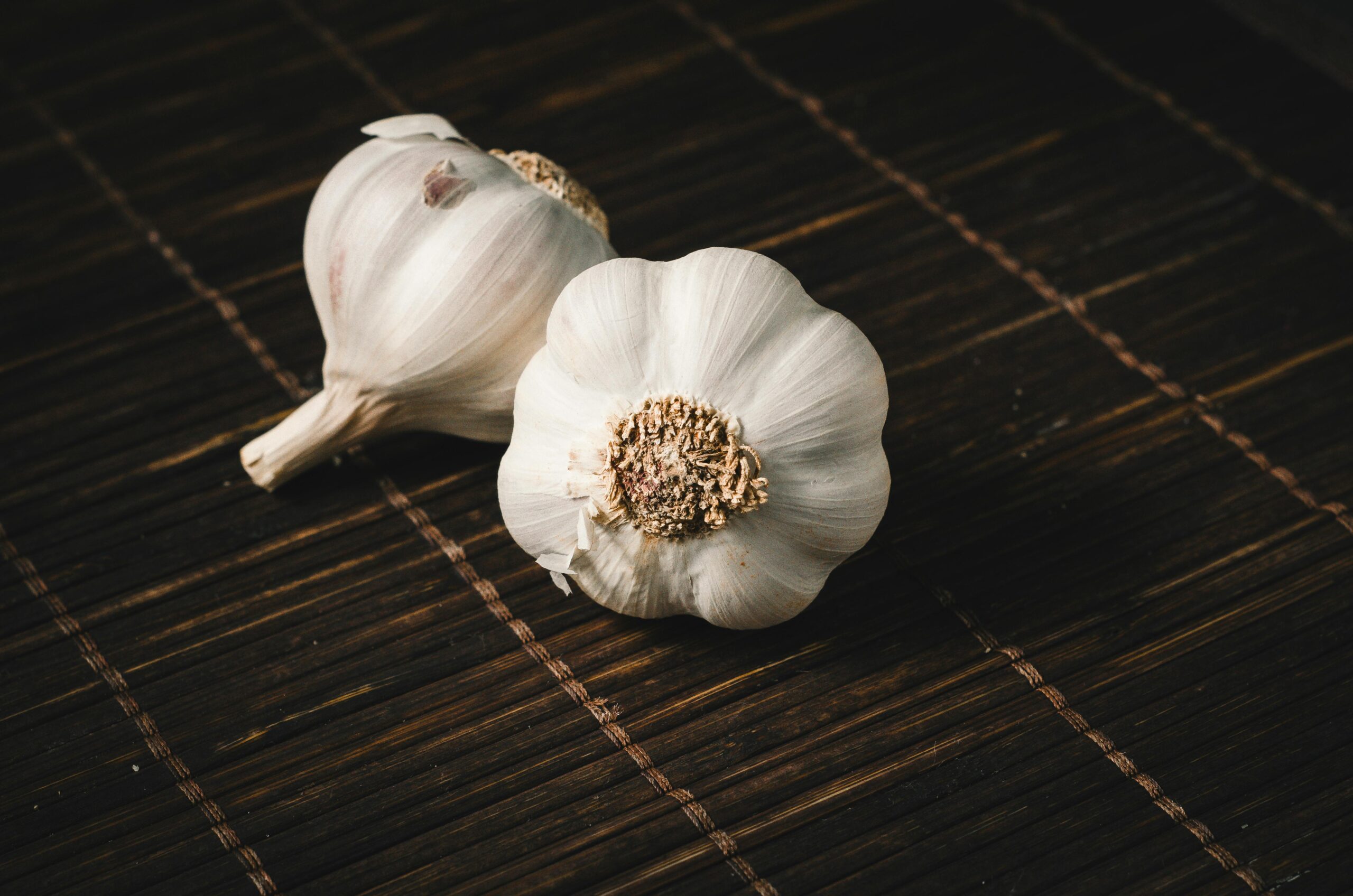
Studies suggest that garlic may help reduce body weight, liver fat, and improve liver enzyme levels.
Foods to Avoid with Fatty Liver Disease
If you have fatty liver disease, your doctor may recommend limiting or avoiding certain foods that can contribute to weight gain, increase blood sugar, and worsen liver health.
- Alcohol

Alcohol is a big contributor to fatty liver disease and other liver problems.
- Added Sugars

Sugary foods and drinks (candy, soda, juice) can increase blood sugar, leading to increased fat accumulation in the liver.
- Fried Foods
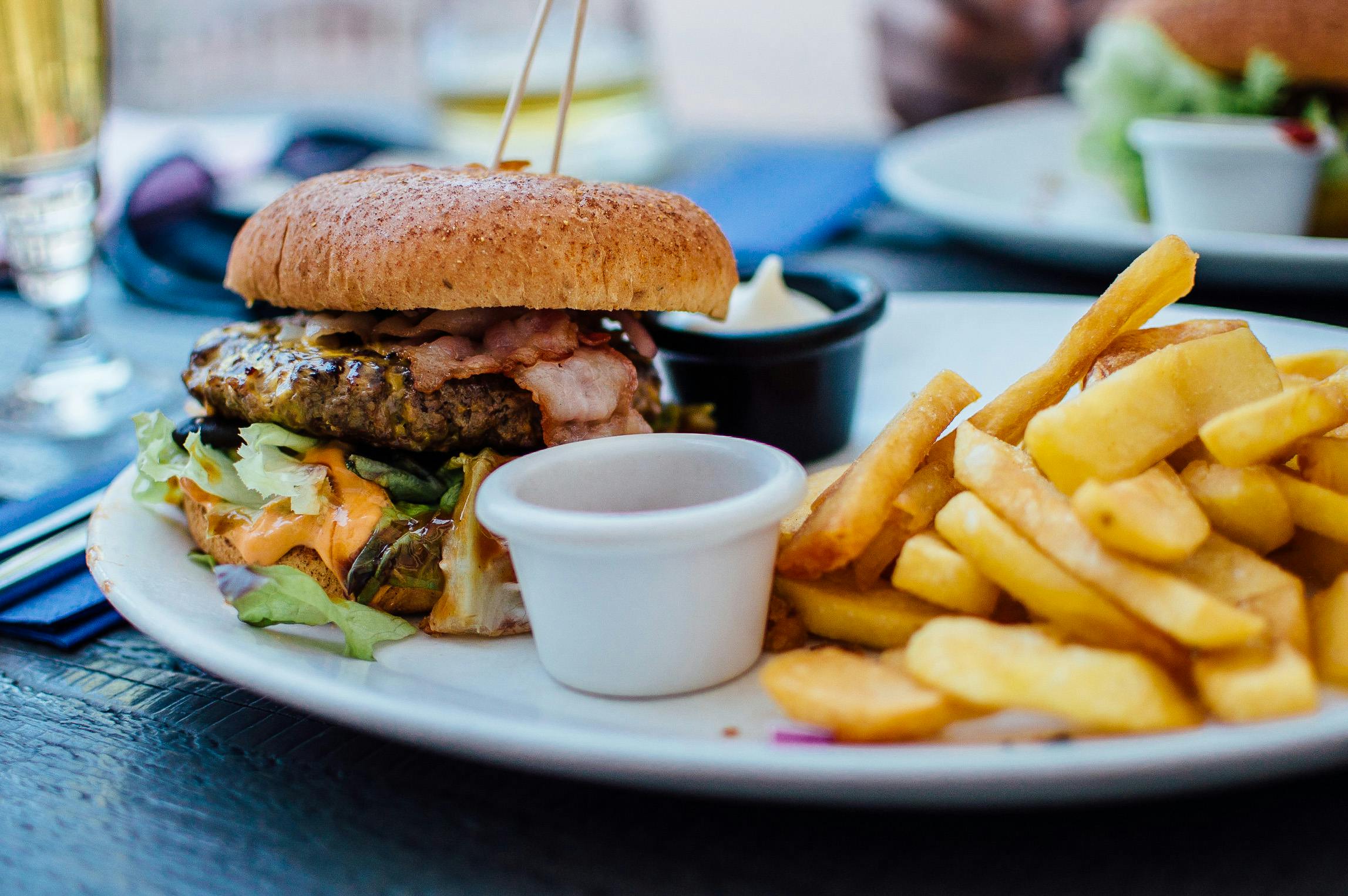
High in fat and calories, fried foods should be limited.
- Processed Foods

Limit processed foods, including processed meats because it is high in sodium and saturated fat, and refined grains like white bread, rice, and pasta, which can cause rapid blood sugar spikes.
- Red Meat
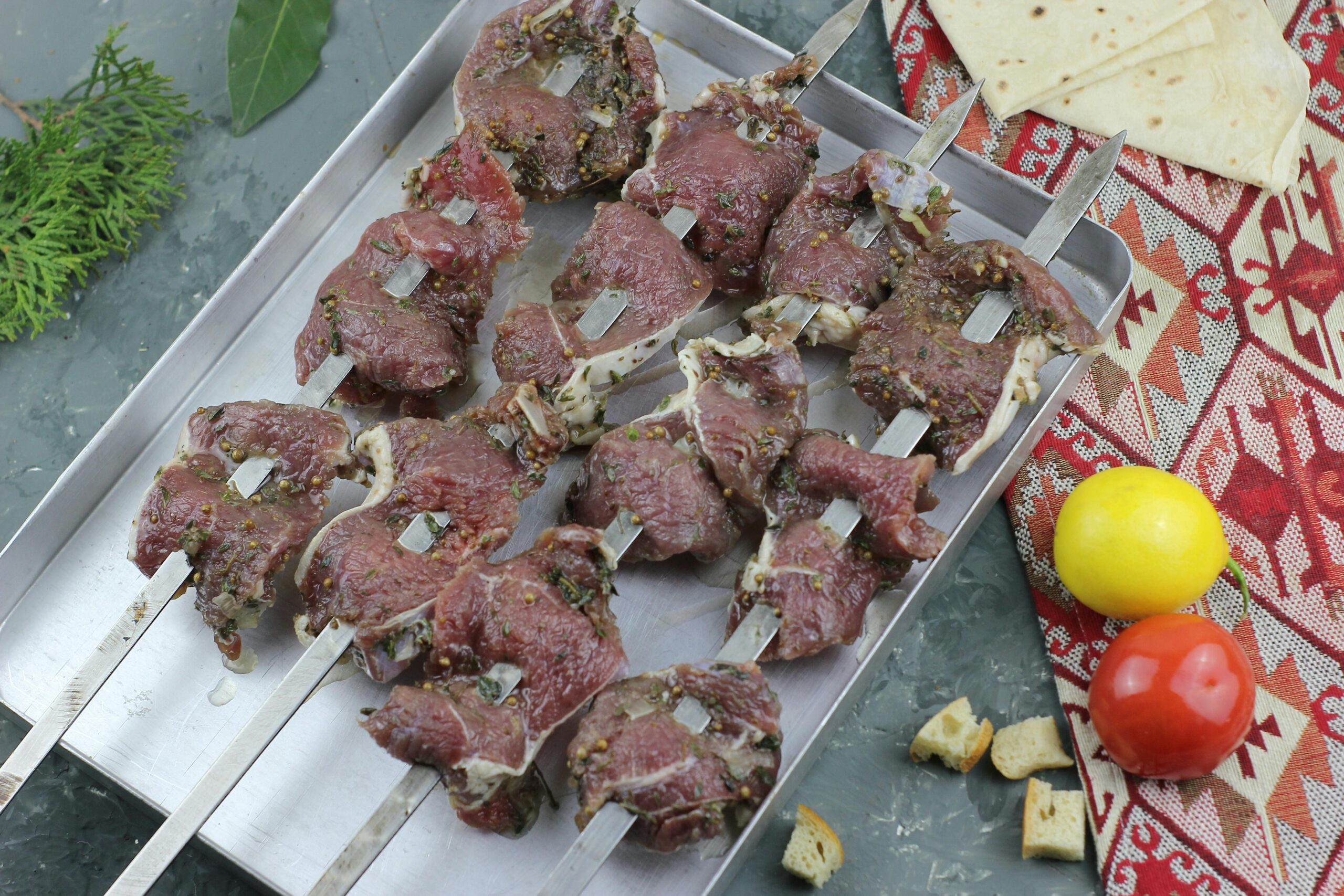
Limit red meat (beef, pork) due to its high saturated fat content.
- Sodium
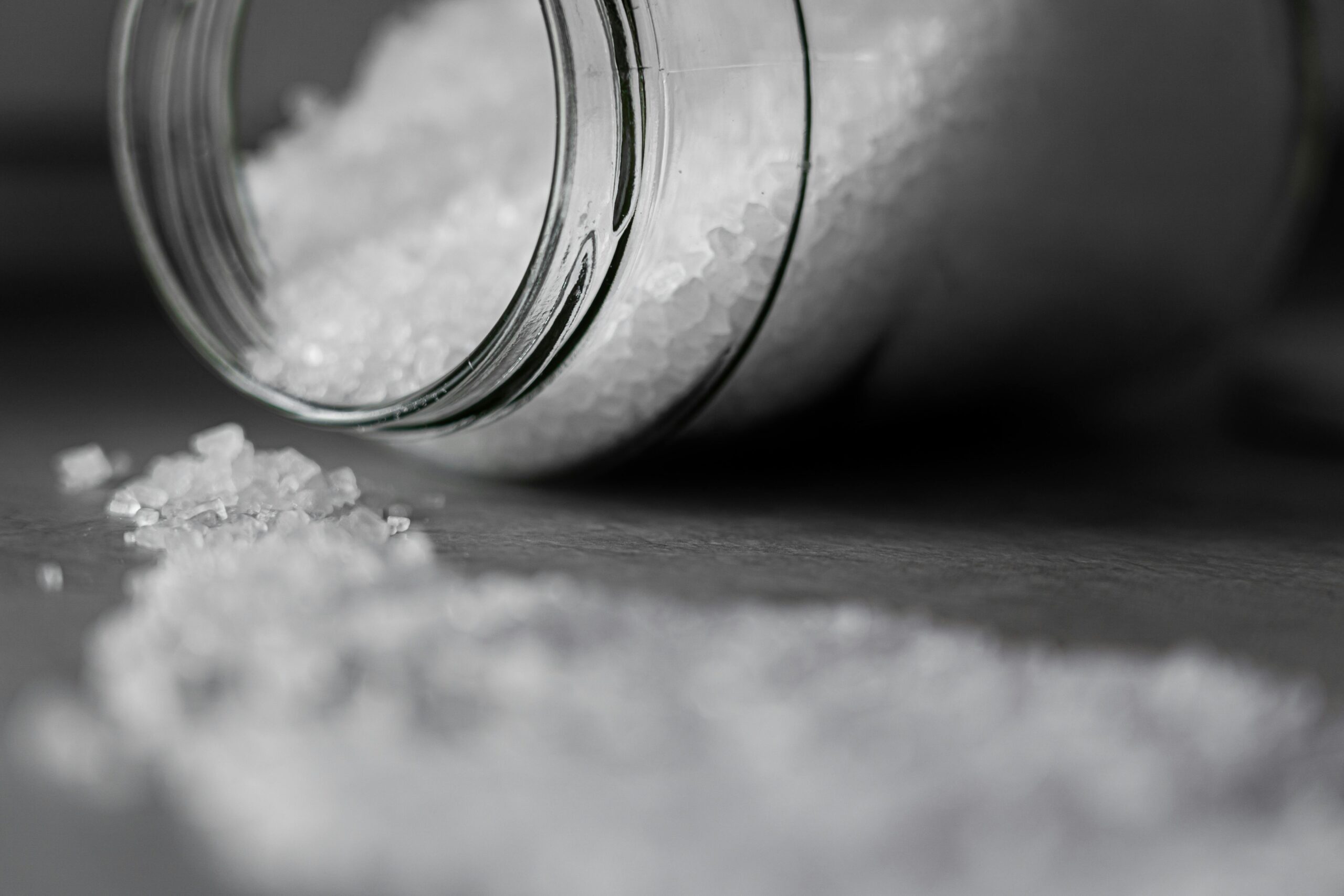
Limit sodium intake to less than 2,300 milligrams per day, and to 1,500 milligrams per day for people with high blood pressure.
